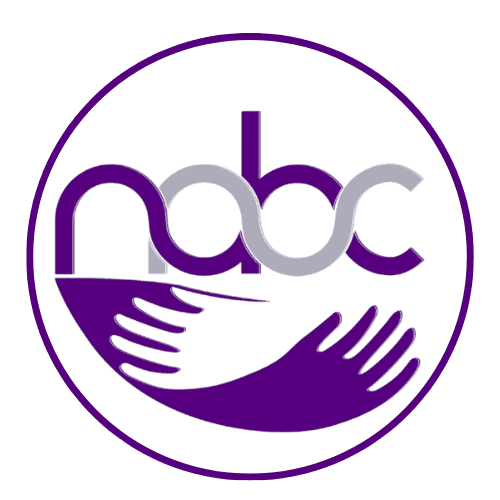As mental health professionals, we are often drawn to our work by a desire to help others, to empathize with their struggles, and to provide support on their journey towards healing. For Black clinicians working within the Black community, the assumption that shared racial or cultural identity automatically translates to cultural awareness and competence can be a dangerous pitfall. Research has shown that within-group differences among Black individuals are vast and varied, underscoring the importance of approaching each client with humility, curiosity, and an open mind.
It is all too easy to fall into the trap of assuming that because we share a racial or cultural background with our clients, we inherently understand their experiences, beliefs, and perspectives. However, this assumption can be harmful and misguided, as it overlooks the unique and individual nature of each person's lived reality. The danger lies in assuming that one's own experiences and beliefs are representative of an entire group, failing to recognize the richness and diversity within that group.
Research has emphasized that there are often more differences within racial or cultural groups than there are between them. The intersection of factors such as gender, age, sexuality, socioeconomic status, and personal experiences further shapes an individual's identity and influences their mental health needs. By acknowledging and honoring the complexity of each client's identity, we can move beyond assumptions and stereotypes to provide more accurate and effective support.
As Black clinicians, it is essential to approach our work with a sense of cultural humility – a willingness to acknowledge our own limitations, biases, and blind spots, and a commitment to continuously learn and grow in our understanding of our clients' experiences. By practicing cultural awareness and curiosity, we can create a safe and affirming space for clients to share their stories, challenges, and aspirations without fear of judgment or misunderstanding.
It is important to remember that our shared identity with clients is a starting point, not a destination. Our role as clinicians is to listen attentively, ask questions with an open heart, and seek to understand the unique perspectives and needs of each individual we serve. By prioritizing cultural humility, empathy, and a commitment to ongoing self-reflection, we can foster deeper connections, promote healing, and honor the diverse and nuanced experiences within the Black community.
In conclusion, being a part of the culture or community does not automatically equate to cultural awareness or competence. As Black clinicians, it is crucial to approach our work with humility, curiosity, and a willingness to learn from our clients. By recognizing the diversity and complexity within the Black community and honoring the individuality of each client's experience, we can better support their mental health and well-being. As clinicians we must commit to challenging assumptions, expanding our cultural understanding, and advocating for a more inclusive and affirming mental health practice that respects the unique identities and voices of all those we serve.
 the national Association of Black Counselors
the national Association of Black Counselors

